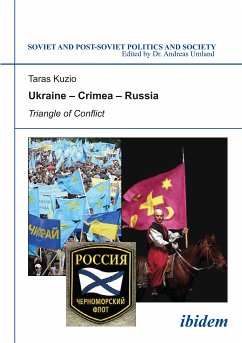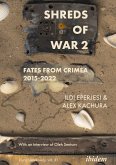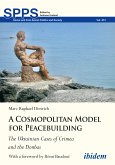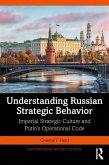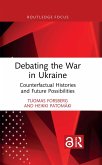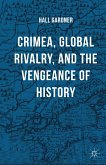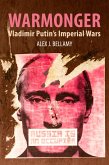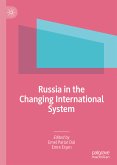The Crimea was the only region of Ukraine in the 1990s where separatism arose and inter-ethnic conflict potentially could have taken place between the Ukrainian central government, ethnic Russians in the Crimea, and Crimean Tatars. Such a conflict would have inevitably drawn in Russia and Turkey. Russia had large numbers of troops in the Crimea within the former Soviet Black Sea Fleet. Ukraine also was a nuclear military power until 1996.This book analyses two inter-related issues. Firstly, it answers the question why Ukraine-Crimea-Russia traditionally have been a triangle of conflict over a region that Ukraine, Tatars and Russia have historically claimed. Secondly, it explains why inter-ethnic violence was averted in Ukraine despite Crimea possessing many of the ingredients that existed for Ukraine to follow in the footsteps of inter-ethnic strife in its former Soviet neighbourhood in Moldova (Trans-Dniestr), Azerbaijan (Nagorno Karabakh), Georgia (Abkhazia, South Ossetia), and Russia (Chechnya).
Dieser Download kann aus rechtlichen Gründen nur mit Rechnungsadresse in A, B, BG, CY, CZ, D, DK, EW, E, FIN, F, GR, HR, H, IRL, I, LT, L, LR, M, NL, PL, P, R, S, SLO, SK ausgeliefert werden.

